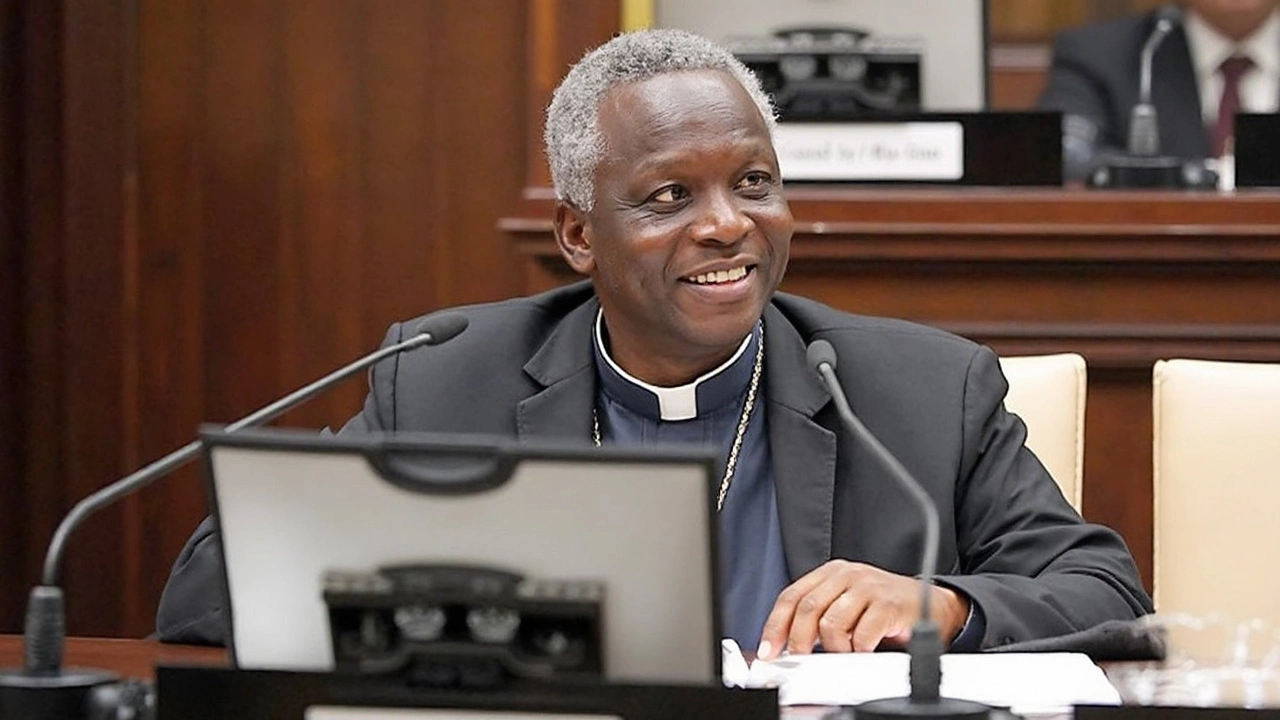Cardinal Turkson Pushes for a New Business Mindset at the 2024 World Economic Forum
At this year's World Economic Forum in Davos, Cardinal Peter Turkson, who leads the Pontifical Academy of Sciences, captured everyone’s attention with one of the most critical challenges businesses face today—balancing profit with social responsibility. His central message was clear: it’s time for businesses to rethink what truly drives their success, putting economic solidarity on the same level as bottom-line gains.
The typical buzz at Davos revolves around big deals and new tech. But Turkson flipped the script. He called out the long-standing tradition of chasing maximum profit at all costs and suggested businesses might be due for an upgrade of their own. According to him, companies should start focusing on “profit optimization” instead of plain “profit maximization.” If that sounds subtle, it isn’t. Optimizing profit means looking at longer-term impacts and how those profits affect workers, communities, and the world—not just pleasing shareholders in the next quarterly report.
His approach isn’t about overthrowing capitalism. It’s more like giving it a conscience. Turkson pointed out that companies shape society far beyond what’s reflected in their balance sheets. By moving toward objectives that value things like decent work, fair pay, and a healthy environment, he argues businesses can be powerful engines of change. Imagine global brands not just sponsoring charity events but building solutions to hunger, climate change, and inequality right into their day-to-day operations.
Small Steps, Big Impact: A Call for Gradual but Meaningful Change
Turkson isn’t naive about the challenges. Davos is full of corporate heavyweights, and turning around the habits of massive organizations doesn’t happen overnight. That’s why he emphasized something people don’t hear often at big international conferences: transformation doesn’t have to be instant or flashy. It can be slow, almost boring. But if companies keep nudging their practices—adopting more ethical supply chains, offering better benefits, investing in their communities—the results add up.
He spotlighted the stubborn problem of poverty. Many global leaders talk about lifting people out of poverty, but Turkson pressed them to move from talk to action. He suggested businesses ask themselves hard questions: Are we part of the solution, or part of the problem? Are our profits undermining people’s wellbeing in other parts of the world? Those reflections, he believes, are how you get real progress.
Backing up his case, Turkson tapped into Pope Francis’ own call to action for global leaders. The Pope has repeatedly urged a shift from a throwaway culture to what he calls “an economy of care.” This isn’t about handouts—it’s about designing business models and economic systems where people don’t get left behind.
There’s a sense of cautious optimism here. Turkson believes that with enough pressure and enough role models, even giant companies will see that doing good by people and planet isn’t just nice PR—it could be the most profitable move they ever make in the long run. It’s a hard sell in a room full of CEOs, but it’s an idea that’s catching on, especially among younger generations of workers and consumers who expect more from the places they work and the brands they buy.
By encouraging world leaders and business moguls to seriously consider alternative growth paths, Turkson pushed the conversation in Davos toward what really matters. Real progress isn’t measured only by higher stock prices, but by whether people’s lives actually get better. His speech asked everyone in that snowy Swiss town—and the rest of us watching from afar—to upgrade what we mean by success.
